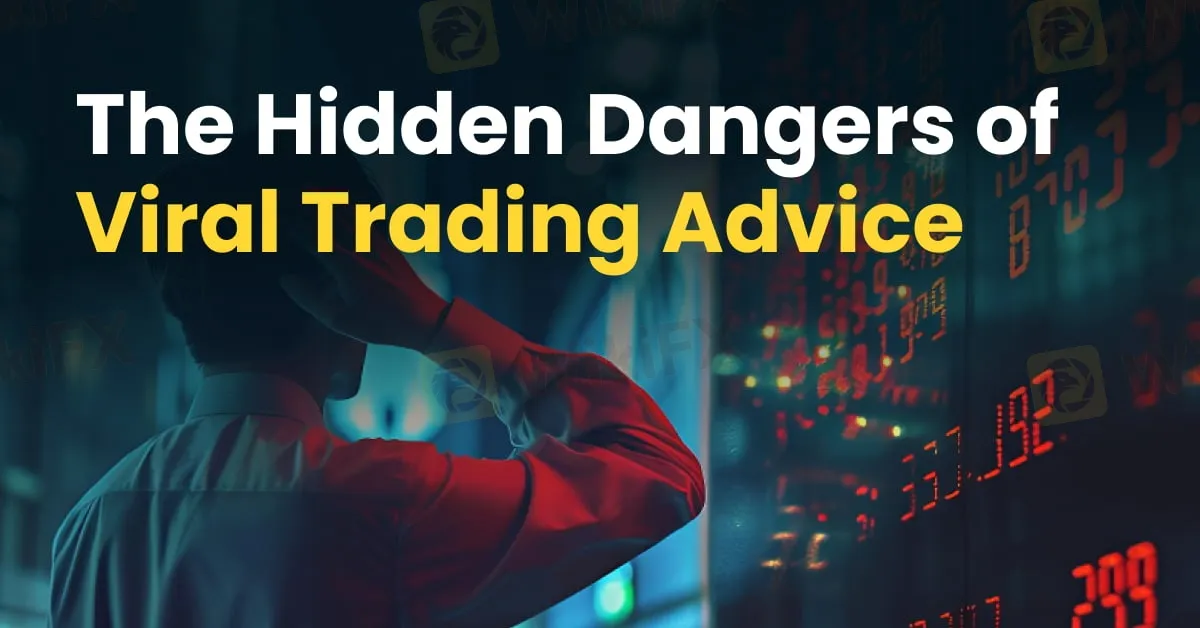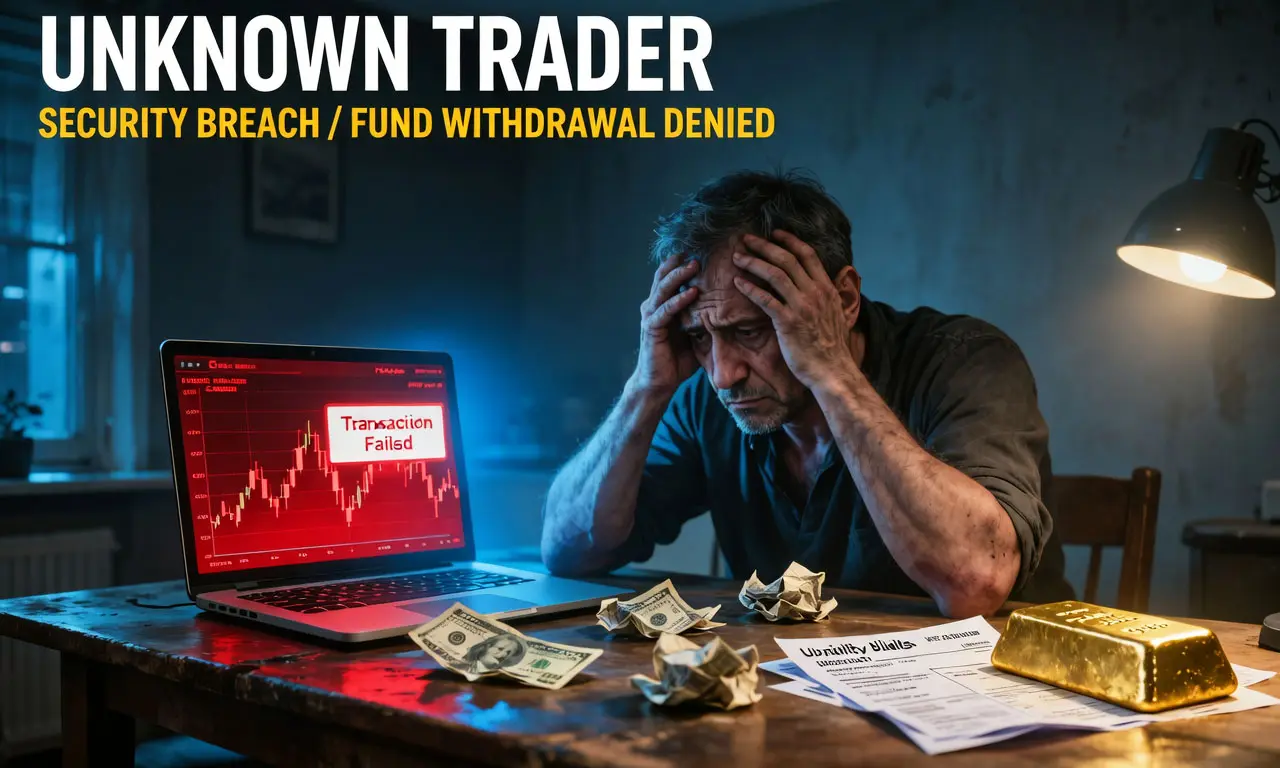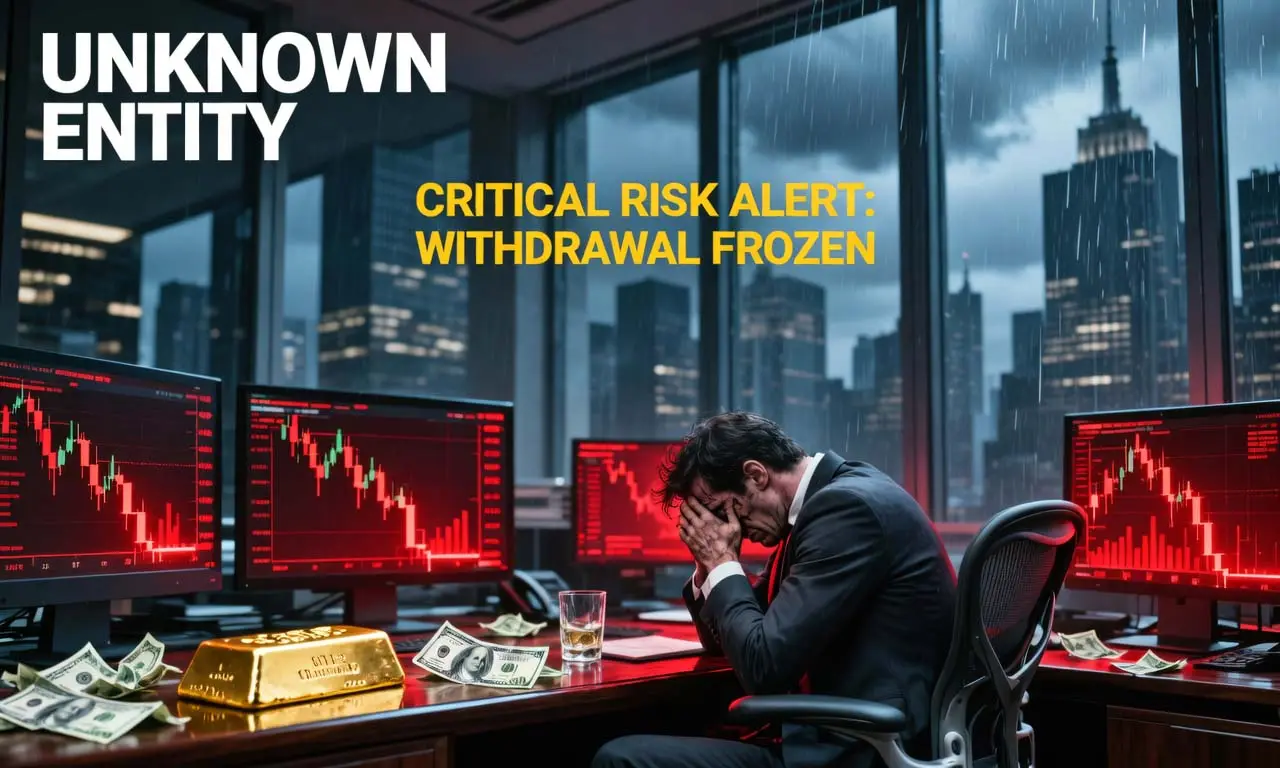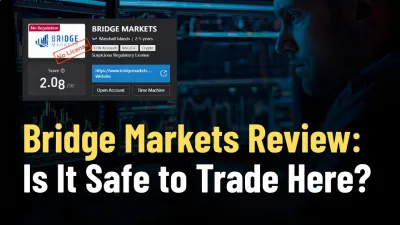Abstract:Do you turn to social media for trading advice? If yes, do you know that much of what you are consuming could be doing more harm than good?

A growing number of retail forex traders are turning to social media for trading advice, but much of what theyre consuming could be doing more harm than good.
Recently published research into content shared by self-styled financial influencers, or “finfluencers,” reveals a troubling trend: advice circulating on platforms like TikTok is often incomplete, promotional, or outright misleading. Among retail forex traders surveyed, 33% said they had been influenced by finfluencers in their trading decisions, while nearly half of them had followed their recommendations.
An in-depth review of over 100 TikTok videos related to forex trading showed that 80% of the content could be classified as potentially misleading. The study pointed to widespread issues such as a lack of disclaimers, insufficient trading context, and a focus on lifestyle over substance.
Only 13% of the videos examined included disclaimers that acknowledged the risks involved in trading or clarified that the content did not constitute financial advice. A mere 6% encouraged viewers to do their own research. Meanwhile, 20% of the content was found to be promoting a product or service under the guise of offering impartial advice.

Perhaps most strikingly, half of the videos featured influencers showcasing wealth, such as expensive cars, luxury holidays, high-end fashion, with no explanation of the strategies or market conditions that allegedly enabled such success. This kind of content creates the illusion of easy profit, setting up inexperienced traders for unrealistic expectations and potentially damaging financial decisions.
The research also raised alarms about the role of AI-generated content in financial misinformation. In the sample studied, 60% of the videos were produced by male influencers, 35% by female influencers, and 5% came from unidentified or AI-generated sources. This lack of transparency around who is behind the content adds another layer of complexity for viewers trying to determine the credibility of the advice they receive.
These findings are particularly worrying against the backdrop of data from the U.S. Securities and Exchange Commission (SEC), which reports that around 70% of retail forex day traders lose money each quarter, and that two-thirds of forex customers lose money overall.
Inexperienced investors are being drawn in by the perceived accessibility of trading and the promise of high returns, often without understanding the risks or verifying the credibility of their sources. The rise of social media as a financial information hub has created a fertile ground for misinformation, especially when creators prioritise entertainment or sales over education.
Financial professionals warn that anyone serious about trading should begin their education through regulated institutions, professional platforms, or certified training providers. Conducting proper due diligence, questioning the source of any advice, and verifying credentials are essential steps to avoid the pitfalls of misleading content.
As the boundaries between entertainment and education blur online, the responsibility increasingly falls on traders to protect themselves from illusion, and to approach financial markets with scepticism, research, and regulation at the forefront.











